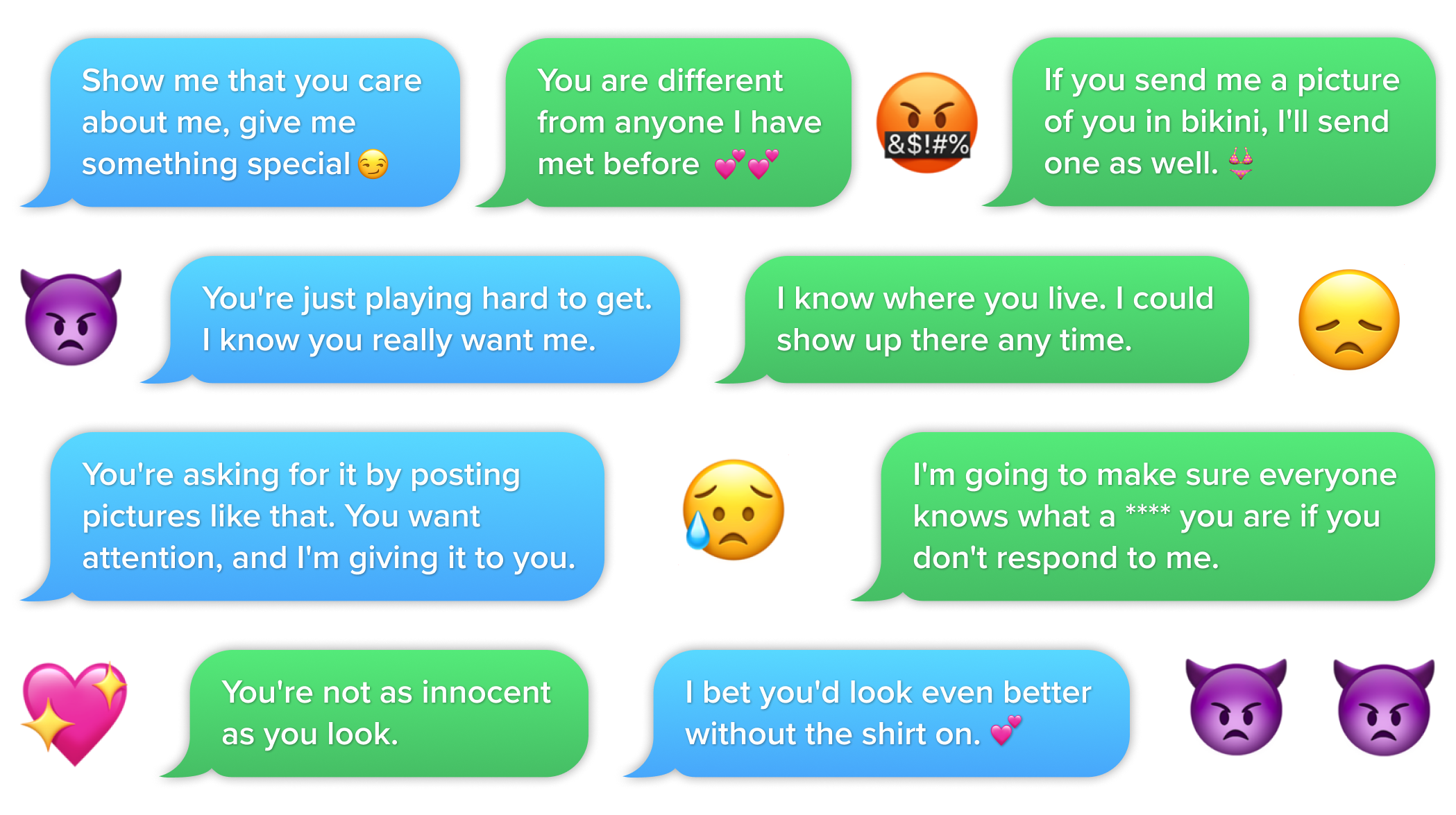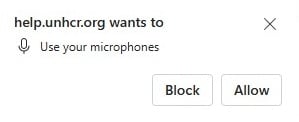Engaging with strangers often becomes a part of your daily life, especially when exploring and applying for offers others posted online. While these interactions can unlock new opportunities and provide crucial support, they also come with inherent risks. Understanding how to communicate safely, recognising potential dangers, and knowing when to exit a conversation are key skills in navigating these digital interactions.
Strive for safe online interactions
When you start messaging with someone you haven’t met before, you should always aim to keep the conversation focused. Stick to the topic at hand, whether it’s a job offer, housing, or another form of assistance. Whenever possible, communicate through official platforms or websites. If using social media or messaging apps, ensure that the conversation remains professional.
Be cautious about sharing sensitive personal information such as your address, financial details, or family information. Only share what is necessary and relevant for the specific offer or assistance, and after you have verified the legitimacy of the individual or organisation.
It’s always a good idea to keep records of your online interactions. Save messages, emails, or any other form of communication. This can be helpful if you need to report a problem or refer back to specific details.
An online conversation is considered safe when…
- It involves consensual engagement, where you've willingly chosen to participate and can comfortably end the conversation at any time without feeling pressured.
- There is transparency of intentions, with all parties being clear and upfront about their reasons for engaging, without any hidden motives.
- Interactions are respectful, characterised by the avoidance of derogatory language, name-calling, or bullying, and maintaining civility even in disagreements.
- Privacy boundaries are respected, ensuring that sensitive or personal identifying details are neither shared nor requested inappropriately.
- Data is handled responsibly, meaning your personal information is used solely for its intended purpose and not disclosed without proper consent.
- Information comes from credible sources, contributing to the quality of the conversation and avoiding misinformation.
- There are no suspicious links or attachments shared, safeguarding against potential spam.
- The conversation is free from undue pressure or rush to make decisions, allowing you to think and respond at a comfortable pace without feeling coerced.
You should stop the conversation when…
Someone is too nice or flattering to you
It often serves as a tactic to gain trust and affection quickly. This behaviour can involve excessive compliments and may seem out of context. Such flattery can lead to manipulation, where the individual may exploit your gained trust for emotional, financial, or other harmful purposes.
Someone harasses you
They persistently behave in an aggressive, offensive, or intimidating manner. This could include sending repeated unwanted messages, making threats, or using derogatory language. The consequences can be severe, leading to emotional distress, anxiety, and a compromised sense of safety.
Someone asks too much about you
It can be an attempt to gather sensitive personal information. This might include probing into your daily routine, relationships, or financial details. The risks include privacy invasion, potential stalking, or identity theft, which can have lasting impacts on your security and well-being.
Someone knows too much about you
They might bring up specific details about your life, indicating they've been gathering information about you. If you haven’t shared that information, it's a major red flag. This overfamiliarity can lead to privacy breaches and security concerns, as it often signifies stalking or cyber surveillance.
You receive a too nice offer
These offers are typically scams aimed at enticing you into providing personal information or money, leading to potential financial loss or identity theft. For example, an unexpectedly high-paying job or a lucrative investment deal with little requirement, should be taken with caution.
The conversation is tried to be kept secret
Especially if the other person knows you're in a vulnerable position, it indicates a desire to isolate and manipulate you. This secrecy can lead to abusive situations or grooming, particularly in interactions with children or teenagers.
Someone requests explicit content
It's a violation of your privacy and autonomy. Such requests can lead to sextortion, where your images or videos are used to blackmail or exploit you, impacting your mental health and reputation significantly.
Someone sends explicit content to you
It's a form of sexual harassment. This unsolicited sharing can be very disturbing and emotionally harmful. The situation can be distressing and lead to significant discomfort, impacting your mental well-being and sense of safety in the online environment.

Even a single message can count as harassment and could cause harm to you when not recognised in time. If something or someone online is making you uncomfortable, trust your instincts.
It is your right to end any interaction at any moment!
Recognise fake social media profiles
In the online world, the creation and use of fake profiles have become a common tactic for various malicious purposes. Individuals behind these fake profiles might be aiming to scam, deceive, or harass unsuspecting users. They craft these profiles with enough credibility to lure people into trusting them, only to exploit this trust for their gain.
A social media profile is probably fake when…
- It’s newly created, with a recent account creation date, especially if it's coupled with a high level of activity.
- It displays limited information, with minimal details and sections lacking depth or completeness.
- There are few or no connections, and the existing ones don’t seem genuine or active.
- The posts are inconsistent or generic, lacking personal elements or showing discrepancies with the provided profile information.
- There is a high volume of spammy posts, shared within a short timeframe and often irrelevant or promotional in nature.
- The profile picture is a stock image or absent, and personal photos are scarce or non-existent.
When it comes to the offers made by these profiles, they often sound too good to be true. They might promise high rewards for little effort or investment, preying on the desires and vulnerabilities of users. These offers are frequently accompanied by a sense of urgency, pressuring the recipient to act quickly without giving them time to think or verify the details. This urgency is a tactic designed to bypass rational thinking and provoke impulsive actions.
In their communication, they often exhibit a lack of professionalism. The language used might be informal, contain grammatical errors, or just feel off in tone. Furthermore, these offers frequently involve requests for money or personal information early in the conversation. The details of the offers are usually hard to verify through independent sources or legitimate channels, making them dubious and potentially dangerous.
Always approach such interactions with caution, and prioritise verifying the authenticity of profiles and the credibility of their offers.



